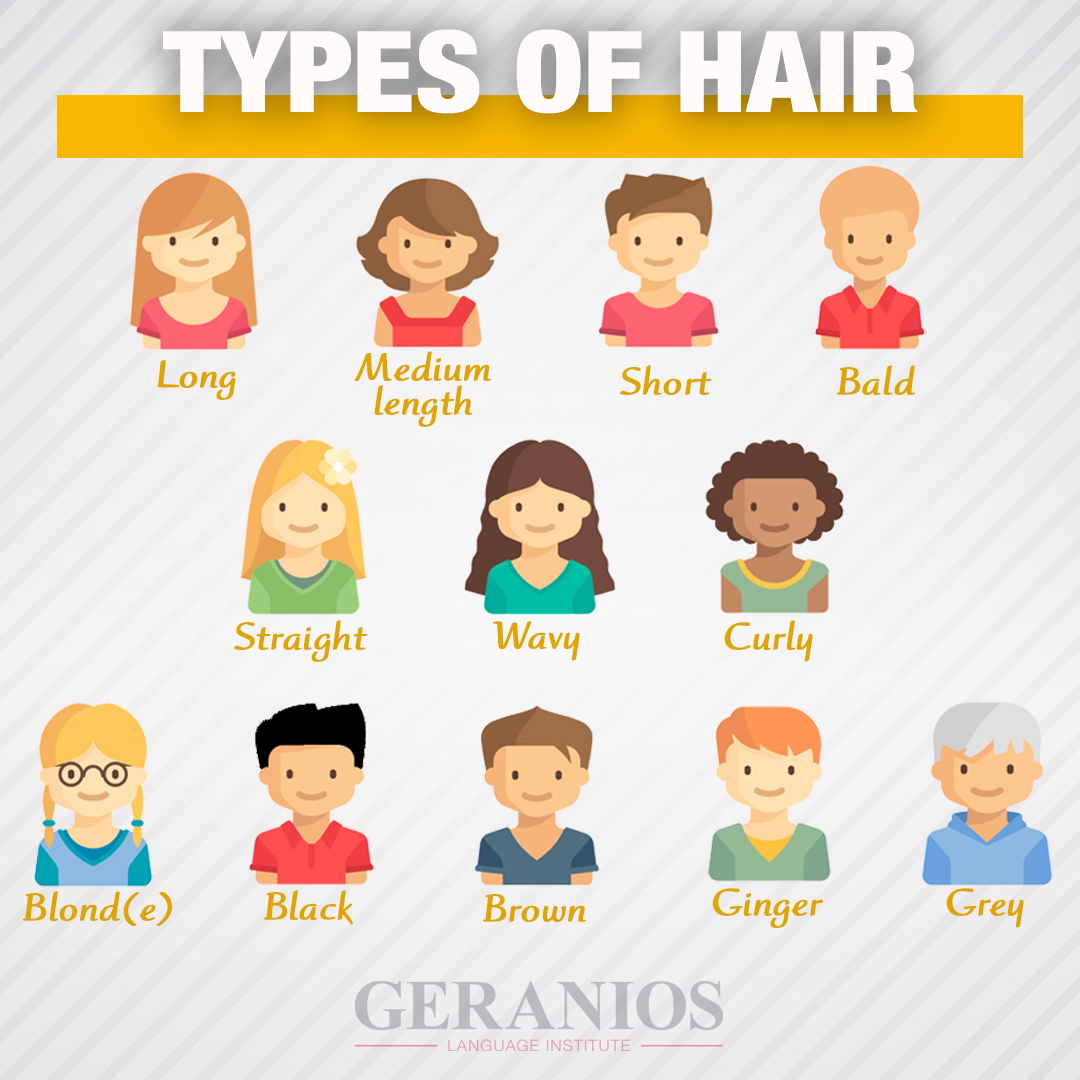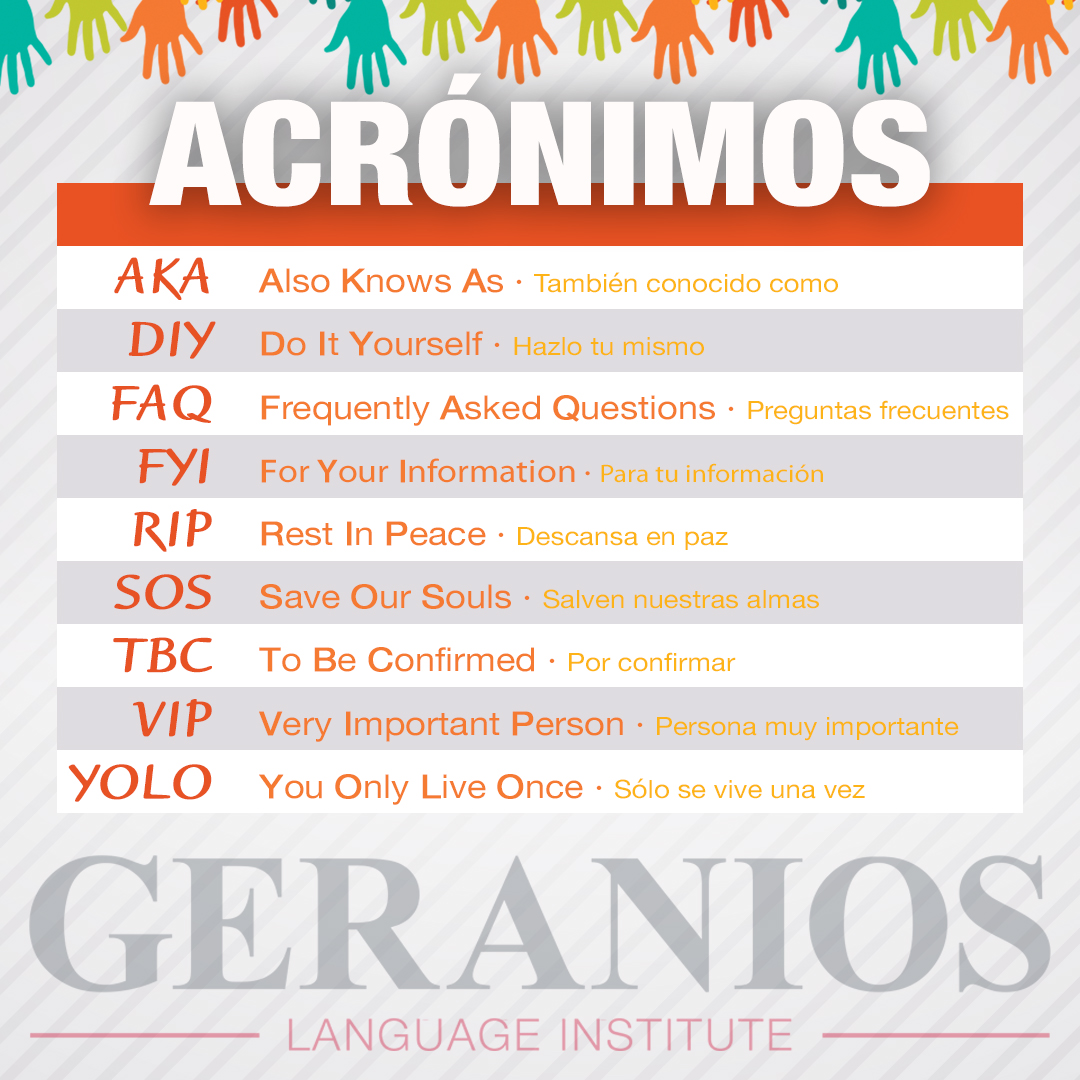INFORMAL VS FORMAL

¿Por qué es importante diferenciar entre lenguaje formal e informal?
-
Contexto Profesional: En el mundo laboral, la formalidad en el lenguaje refleja profesionalismo y seriedad. Utilizar términos formales en correos electrónicos, informes y presentaciones puede causar una mejor impresión y demostrar su competencia y dedicación.
-
Entornos Académicos: Al redactar ensayos, investigaciones y otras tareas académicas, el lenguaje formal es fundamental para mantener un tono objetivo y académico. Ayuda a comunicar ideas de manera precisa y respetuosa.
-
Claridad y Precisión: El lenguaje formal suele ser más preciso, lo que ayuda a evitar malentendidos. En contrastes, el lenguaje informal es más apropiado para conversaciones casuales con amigos y familiares.
Ejemplos prácticos del uso de lenguaje formal e informal:
-
ask / enquire
- Informal: Can you ask her if she’s coming to the party?
- Formal: Could you enquire whether she will be attending the event?
-
also / moreover
- Informal: I like pizza. Also, I like pasta.
- Formal: I enjoy pizza. Moreover, I am fond of pasta.
-
buy / purchase
- Informal: I need to buy some groceries.
- Formal: I need to purchase some groceries.
-
bad / negative
- Informal: That’s a bad idea.
- Formal: That is a negative proposition.
-
climb / ascend
- Informal: They decided to climb the mountain.
- Formal: They decided to ascend the mountain.
-
check / verify
- Informal: Can you check if the door is locked?
- Formal: Could you verify if the door is secured?
-
get / receive
- Informal: Did you get my message?
- Formal: Did you receive my message?
-
go / leave
- Informal: I have to go now.
- Formal: I have to leave now.
-
help / assist
- Informal: Can you help me with this task?
- Formal: Could you assist me with this task?
-
keep / retain
- Informal: You can keep this book.
- Formal: You may retain this book.
-
live / reside
- Informal: I live in New York.
- Formal: I reside in New York.
-
see / observe
- Informal: Did you see that movie?
- Formal: Did you observe that film?
-
sorry / apologize
- Informal: I’m sorry for the mistake.
- Formal: I apologize for the error.
-
show / demonstrate
- Informal: Can you show me how to do this?
- Formal: Can you demonstrate how this is done?
-
stop / cease
- Informal: Can you stop talking, please?
- Formal: Could you cease speaking, please?
-
start / commence
- Informal: We will start the meeting at 10 AM.
- Formal: We will commence the meeting at 10 AM.
-
tell / inform
- Informal: Can you tell me the time?
- Formal: Could you inform me of the time?
Utilizar los términos correctos en el contexto adecuado no solo mejora su comunicación, sino que también aumenta su confianza al interactuar en diferentes escenarios. Los invitamos a practicar con estas palabras y a integrarlas en su vocabulario diario.
¡Hasta la próxima lección!






